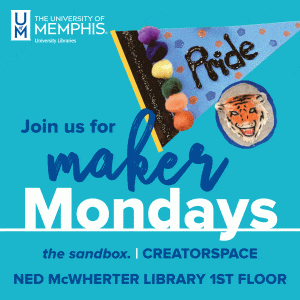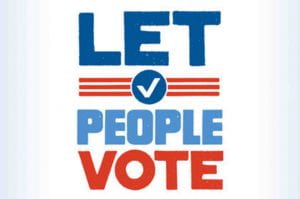 Written by Benjamin Clanton, Government Publications
Written by Benjamin Clanton, Government Publications
As Halloween approaches each year, I enjoy changing my media intake up a bit, filling my days with weird and scary books, movies, and podcasts. I always enjoy things of this nature, but tend to binge during spooky season. This year, I added a long overdue read to my cultural docket: The Island of Dr. Moreau by H.G. Wells. The novel is narrated by its main character, Edward Prendick, who is rescued after a shipwreck by an enigmatic man of science named Montgomery. Prendick soon finds himself an unwanted guest on a small Pacific island run by the novel’s namesake, Dr. Moreau. After encounters with what appear to be human-like ‘Beasts,’ Prendick discovers the dark secret of the doctor and his island. Dr. Moreau has been experimenting on various types of animals by using a combination of surgery (which he terms ‘vivisection,’ a quite unpleasant term when looked up) and hypnosis, giving these creations (for lack of a better term) human traits. Dr. Moreau rules over the small society he has formed using a combination of physical violence and psychological manipulation in the form of ‘Laws,’ which outline how the ‘Beasts’ should act human and suppress their animal instincts. However, as one might guess, things eventually go terribly wrong, and Prendick finds himself in the middle of a vicious and long-simmering power struggle between Dr. Moreau, Montgomery, and the ‘Beasts’ that inhabit this twisted world.
I am sure the sentiment has been said many times in various forms before, but I cannot help but think of a line said by Jeff Goldblum’s character in the film version of Jurassic Park: “Your scientists were so preoccupied with whether or not they could, they didn’t stop to think if they [SHOULD].” Much as in that tale, a scientist, in this case Dr. Moreau, decides to play God and create something that simply should not exist. In forming this society of ‘Beasts,’ he shows no concern for the immense physical, psychological, and emotional pain he causes his subjects. During the era in which this novel was written, there had been significant advances in medicine and surgery, with human science on the cusp of new discoveries that greatly benefit our society today. Dr. Moreau, however, uses science in a reckless manner, and causes mayhem in the process. Prendick is terrified of the ‘Beasts’ early in the novel, but eventually realizes that the remorseless Dr. Moreau is the true monster, the true source of terror in the world he finds himself trapped in. Wells was a wonderful author, and displayed an ability to reflect the anxieties and wrongdoings of his time in his fiction. The Island of Dr. Moreau is not as much scary in the traditional horror sense as it is disturbing due to its material; by the end, I felt a somber sadness as the suffering increases and the island collapses into pointless chaos. Though over a century old, I did not find the novel particularly dated, as it still serves as a cautionary tale concerning both what humanity can and should do, and how those ideas often end up clashing.
This is also a wonderful opportunity to promote a couple of great features on the University of Memphis Libraries website. First, our Virtual Book Display provides monthly lists, shaped by relevant and timely themes, for the McWherter and Lambuth branches; for example, the one for October is titled Gothic Lit + Ghosts Galore. This fun, interactive resource is a great way to find both leisure and academic reads, so check back every month to see what we are featuring (and browse lists from previous months as well). Second, there are a variety of e-books in many subjects available through the library’s website. The Island of Dr. Moreau, along with a number of other older novels, are available in this format. So if you are ever curious, use the Classic Catalog feature on the front page of our website to search for a title. You never know, you may be able to access and enjoy it without ever leaving your home!













